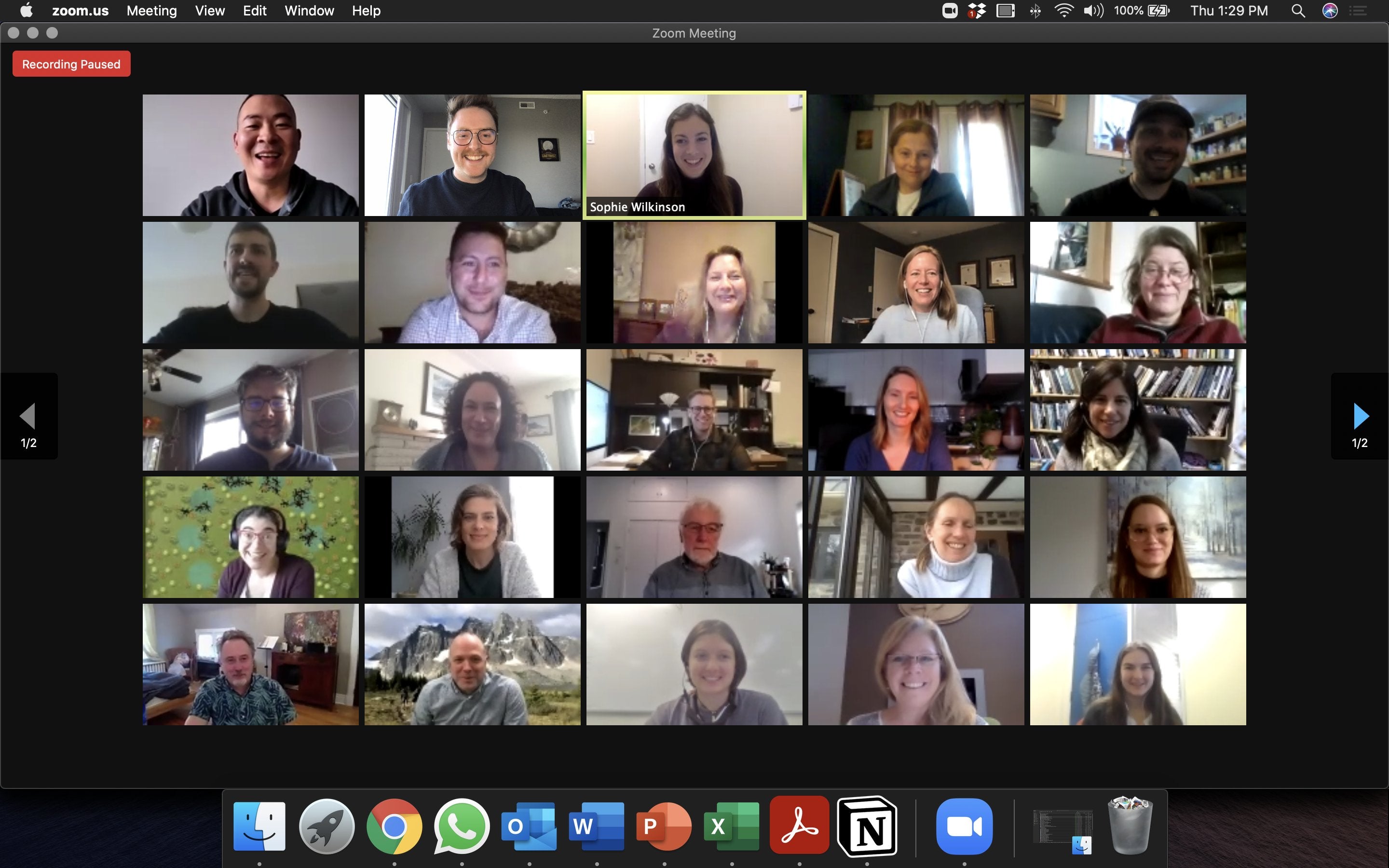From September to November, 2020, the University of Waterloo’s Water Institute, in collaboration with the United Nations’ Environment Programme 'Global Peatland Initiative' (UNEP GPI), hosted three virtual workshops to catalyze dialogue and exchange among over 150 Canadian peatland researchers, government officials, private sector representatives and non-governmental organizations (NGOs). The workshops were an important step toward establishing an active Canadian peatlands research network.

At the first workshop in September, Justina Ray from Wildlife Conservation Society Canada gave an excellent overview on the importance of northern peatlands in Canada. This was followed by a presentation by Rachel Plotkin from the David Suzuki Foundation who spoke about supporting Indigenous-led Conservation and Land Stewardship with a focus on peatlands.
The second workshop in October featured talks from Danielle Cobbaert from Alberta Environment and Parks who focused on the work being undertaken to improve wetland inventory and monitoring. Paul Short, President of the Canadian Sphagnum Peat Moss Association, followed by delivering a presentation on Canada's Peat Moss industry and the sustainable and responsible management of peatlands.
The final workshop in November featured Kevin Smith from Ducks Unlimited Canada who presented work on improving the mapping of Canadian wetlands. Kara Webster from Natural Resources Canada concluded the session with an overview of the Canadian Model for Peatlands which is under development by Natural Resources Canada with the goal of modelling greenhouse gas emissions from Canadian peatlands at a national scale.
One of the clear outcomes of these workshops is the need to improve peatland inventories in Canada – both the mapping of peatlands, and the need to combine existing datasets. It is clear that there are many groups conducting complimentary research that are addressing important questions. The peatlands community expressed a strong desire to find a way to improve linkages among these efforts.
There is also a push for peatland researchers across Canada to standardize methodologies and measurements of key peatland parameters. Importantly, it was stressed that future research on Canadian peatlands will need to strengthen relationships with Indigenous groups to share knowledge of these important ecosystems.
Following the workshops, next steps for the Water Institute peatlands group will include continued collaboration with UNEP GPI on the development of a National Assessment of Canadian peatlands for inclusion in the Global Peatland Assessment initiative, working with the attendees of the workshops to draft a letter on the importance of Canadian peatlands, and exploring funding opportunities to support further collaboration on peatland inventory in Canada.